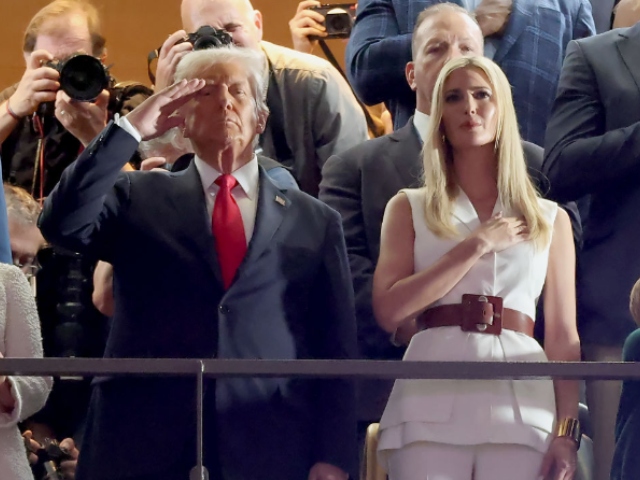Trump Tariffs Raise Concerns About Healthcare Costs and Drug Prices

Experts predict only partial increases in healthcare costs from Trump's tariffs, with concerns primarily focused on the pricing of drugs and potential supply chain disruptions for medical devices.
Former economic advisors Robert Wolf and Steve Moore weigh in on how President Donald Trump's tariffs affect the economy, on 'America Reports.'
President Donald Trump's tariffs on China have raised significant concern over their potential impact on healthcare costs. While the move could have a broad effect on the industry, health policy and trade experts suggest that the results may not be as devastating as some expect.
A survey by Black Book Research found that 84% of healthcare consumers surveyed believe they will see higher costs for medical treatments and drugs due to Trump's new tariffs. Health policy expert Chris Pope stated that healthcare is "not a very highly tradable sector," and the extent of the impact will depend on the tariffs' magnitude on sectors reliant on trade, like pharmaceuticals and medical devices.
"There's not much international trade for most of healthcare. The biggest parts of healthcare - physician services - are provided domestically, and hospitals are domestic as well. Thus, we mainly discuss drugs and devices, which comprise about a quarter of healthcare spending," Pope explained in an interview.
Economist Christine McDaniel mentioned that while price increases for the industry may not be devastating, they could still affect margins, research and development, or be passed onto consumers.
Experts indicated that drug prices are particularly vulnerable due to reliance on China for essential chemicals and compounds necessary for medication production. However, Pope noted that the impact will likely only affect generic drugs and not branded ones, as generic drugs are usually affordable.
Monica de Bolle, an immunologist and senior fellow at the Peterson Institute for International Economics, expressed concern about the broad impact on medications resulting from the tariffs. She pointed out that numerous drugs, including over-the-counter medications like ibuprofen and medications for psychiatric disorders, depend heavily on imports from China.
Healthcare costs may also increase due to supply chain disruptions for medical devices, although these impacts are harder to generalize compared to those on drug pricing.
Pope highlighted that changes in prices will depend on various factors, including where devices and components are manufactured and available subsidies.
Although the tariffs are new, discussions on reducing dependency on Chinese products linked to healthcare have been ongoing among lawmakers, particularly concerning national security risks. Companies have been preparing for tariffs amidst heightened geopolitical tensions.
"There has been ongoing discussion from both Democrats and Republicans about the necessity to bring certain drug productions back to the U.S. to reduce dependency on China," de Bolle added.
In essence, the actions taken by Trump regarding tariffs reflect ongoing considerations that were already being discussed prior to his administration.



:max_bytes(150000):strip_icc():focal(674x405:676x407)/taylor-swift-super-bowl-020925-3057f19b2ec24796906bcd62d0a5f9aa.jpg)
:max_bytes(150000):strip_icc():focal(728x298:730x300)/Tom-Brady-and-his-watch-Super-Bowl-2025-020925-1-dfb41b5902e8425388ee6f56adceac93.jpg)




:max_bytes(150000):strip_icc()/healthiest-snacks-GettyImages-1252756228-77a06f5c53824200875d55dd58d3b275.jpg)











